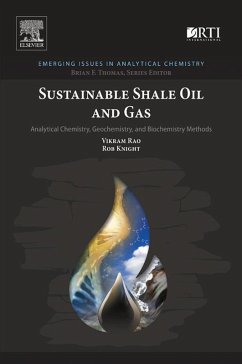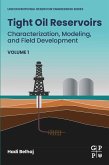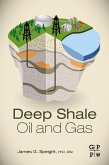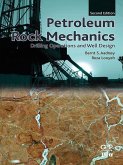Shale oil and gas have altered the energy landscape, possibly permanently. They burst upon the fossil energy scene with a suddenness that initially defied prediction. Even the political balance of the world has changed. But, with the methods employed, the vast majority of the oil and gas remains in the ground. At the same time, serious environmental impact issues have been raised. A new volume in the Emerging Issues in Analytical Chemistry series,
Sustainable Shale Oil and Gas: Analytical Chemistry, Geochemistry, and Biochemistry Methods was written on the premise that analytical methods to inform these areas were wanting. While not attempting to be comprehensive, it describes important analytical methods, some still in development. These methods are underpinned primarily by chemistry, but geochemistry and even biochemistry play significant roles. The book has a solutions flavor; problems are posed together with approaches to ameliorate them.
- Provides a clear understanding of the potential environmental issues as well as a path to solutions
- Includes background information for understanding potential impacts of shale operations from both an environmental and public health perspective
- Authored by leaders from diverse disciplines with expertise in a variety of areas: groundwater quality, petroleum-related operations, microbial ecology, and electronic technologies
- Reviews new sensing and evaluation methods that could be key enablers to sustainable fracking: portable mass spectrometry, microbiome analysis, DNA as tracers, and a microparticulate matter detector
Dieser Download kann aus rechtlichen Gründen nur mit Rechnungsadresse in A, B, BG, CY, CZ, D, DK, EW, E, FIN, F, GR, HR, H, IRL, I, LT, L, LR, M, NL, PL, P, R, S, SLO, SK ausgeliefert werden.









